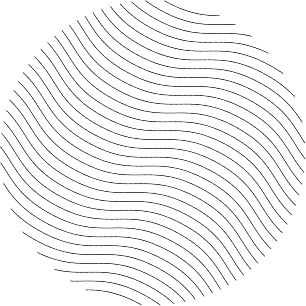Biography
Juan Alfredo Tirao Dumont, Argentine mathematician (Cordoba 03 February 1942 –
Introduced the notion of a pre-sequence of matrix orthogonal polynomials to mean a sequence {F_n} of matrix orthogonal functions (2015)
With B. Cox & V. Futorny showed that the family of Jacobi polynomials are orthogonal (2013)
With P.M. Román obtained an inversion formula for the spherical transform by using the Fourier inversion formula in a locally compact group (2012)
With F.A. Grunbaum introduced D(w) algebra of differential operators associated to a weight matrix (2011)
Determinated the image of the Lepowsky homomorphism for the classic groups of rank one and the image of K-type invariants ring in universal enveloping algebra of all Lie semisimple groups of rank one (2008)
With F.A. Grunbaum & I. Pacharoni obtained explicit formulae in terms of definite integrals of all matrix entries of any power of matrix
With F.A. Grunbaum & I. Pacharoni presented new families of Jacobi type matrix valued orthogonal polynomials (2003-5)
With F.A. Grunbaum & I. Pacharoni defined the notion of a classical pair consisting of a matrix valued weight function and a second order symmetric differential operator (2003)
Introduced the matrix valued hypergeometric function and established its properties in The matrix valued hypergeometric equation. Proceed. Nat. Acad. Sciences 100 (14):8138-41, 2003
With N. Andruskiewitsch introduced the notion of spherical representation of rank one of a complex reductive algebraic group
Proposed spherical functions for homogeneous holomorphic vector bundles
Formulated and proved necessary and sufficient conditions for the existence of a complex structure on a homogeneous vector bundle
Obtained a characterization of the image of the classifying ring of Lie groups of rank one
With N. Andruskiewitsch. A restriction theorem for modules having a spherical submodule. Trans. Amer. Mathem. Soc. 331(2), 1992
A restriction theorem for semisimple Lie groups of rank one. Trans. Amer. Mathem. Soc. (1983) (Tirao restriction theorem)


